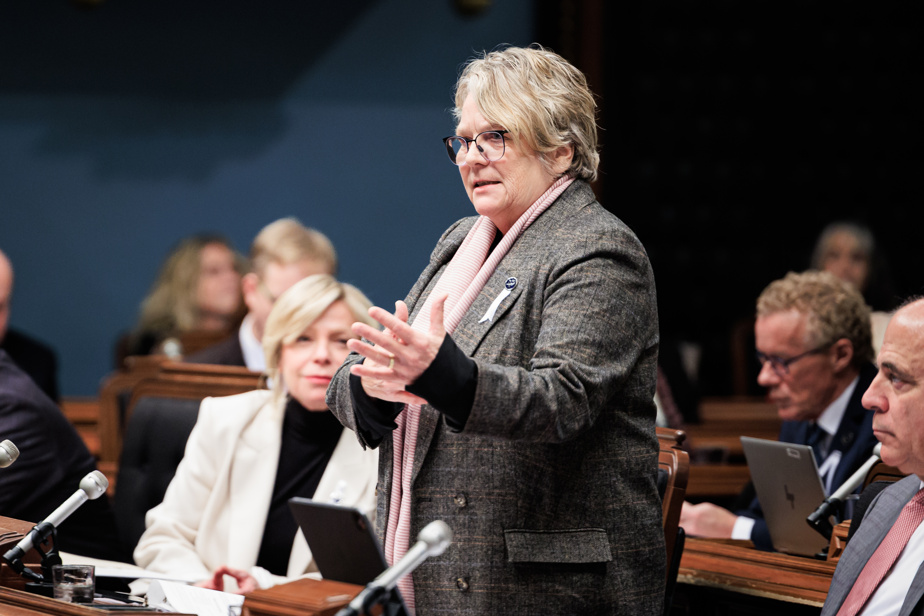(Québec) People on social assistance will benefit from better support this year, according to Chantal Rouleau, who is committed to reopening the law this fall and developing an action plan by the end of 2023.
In office for six months, the Minister of Social Solidarity and Community Action says she is preparing a major reform of social assistance which will result from the consultations she has already undertaken throughout Quebec.
She says in an interview with La Presse Canadienne that this social assistance law must be modernized, in order to adapt it to the new reality of 2023, by being “less punitive, more supportive”.
Ms. Rouleau gives a concrete example: a person on social assistance currently receives $770 a month, and is only allowed to earn an additional $200, which is equivalent to working at most three hours a week.
“That person is like, ‘OK, I can work three hours a week, but for what? “I want to see that again. Is it going to be $500, […] a percentage, a number of hours? I don’t know,” the minister said.
One thing is certain, the portrait has changed a lot over the past 20 years in Quebec, notes the Montreal MP for Pointe-aux-Trembles. The percentage of recipients fell from about 10.12% in 2003 to 4.8% this year.
Ms. Rouleau wonders “how to match” these 270,000 people with the job market, in the context of a severe labor shortage in Quebec.
“These are people who are far from the labor market, who may have severe permanent or temporary employment constraints, people who do not have a lot of education, who may be of a certain age. »
Moreover, it wants to double the number of people who participate in the Aim for Employment Program. In this spirit, it does not intend to drop the liberal reform of 2016, although all its components will be examined.
In 2016, the Couillard government passed Bill 70, which cuts benefits for new applicants deemed able to work who refuse to begin a job search process.
This same government has also introduced a basic income program, which came into effect in January this year, and which is generally appreciated.
Minister Rouleau agrees that there are conditions attached to social assistance, a “last resort” assistance which will continue to be indexed, not a “salary”, she specifies.
However, she insists that her reform will aim to better support people on social assistance, by focusing on consensual measures, in particular the reduction of bureaucracy.
For example, the implementation of a guaranteed minimum income does not have consensus within society, according to her.
About the bureaucracy, she says, “There are 1000 forms. The problem is that providers […] can sometimes tick the wrong box and that will have consequences. »
Several reductions would therefore be expected as part of this “significant” reform to come.

